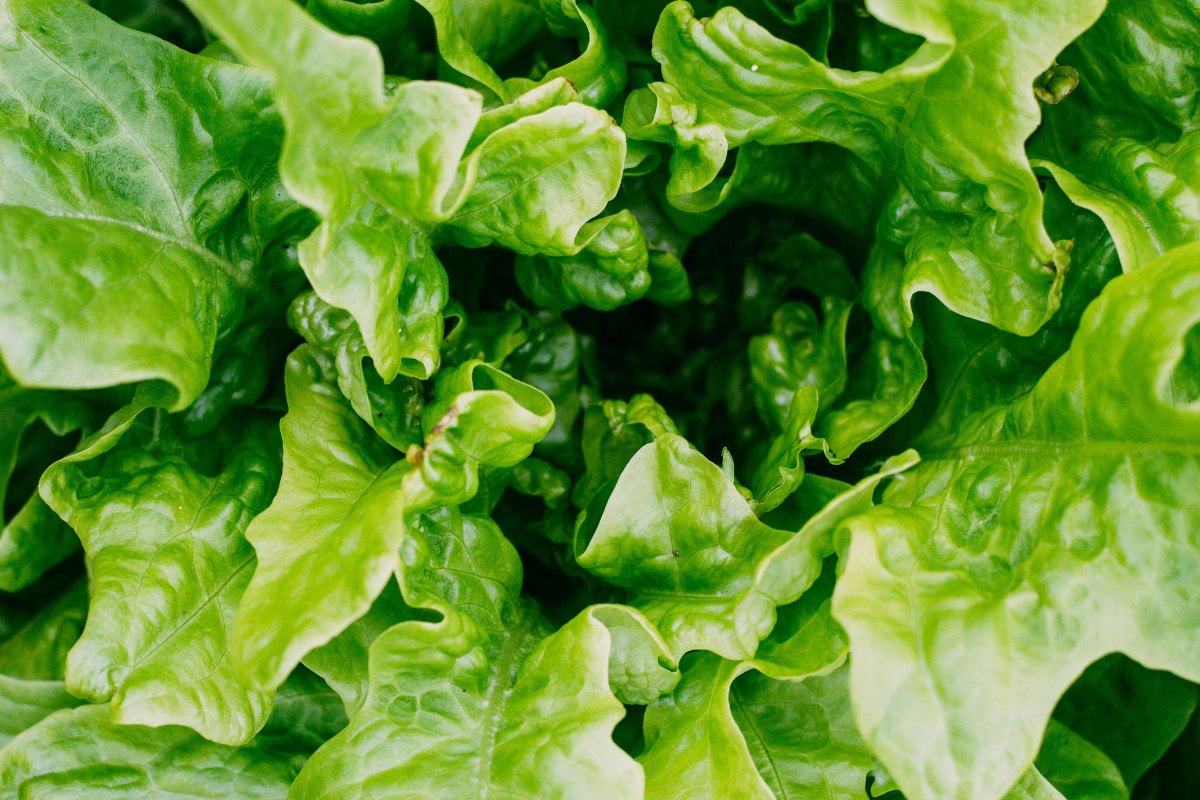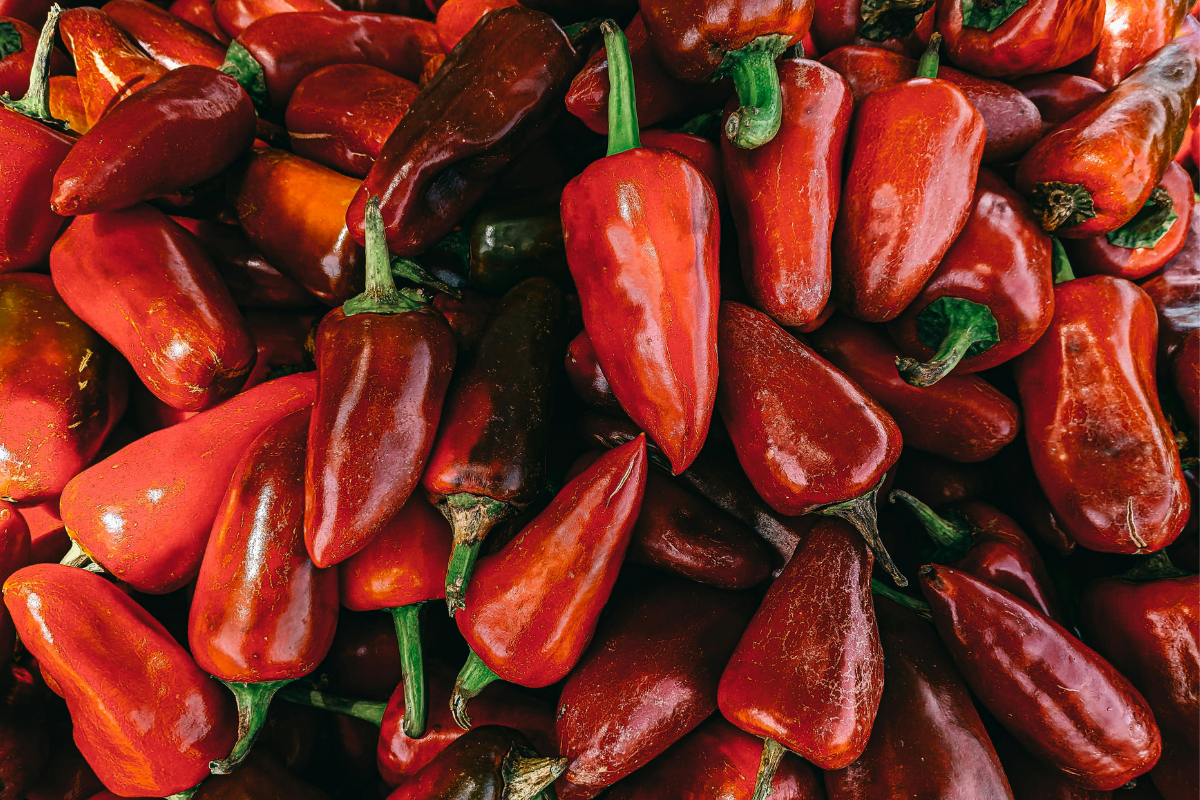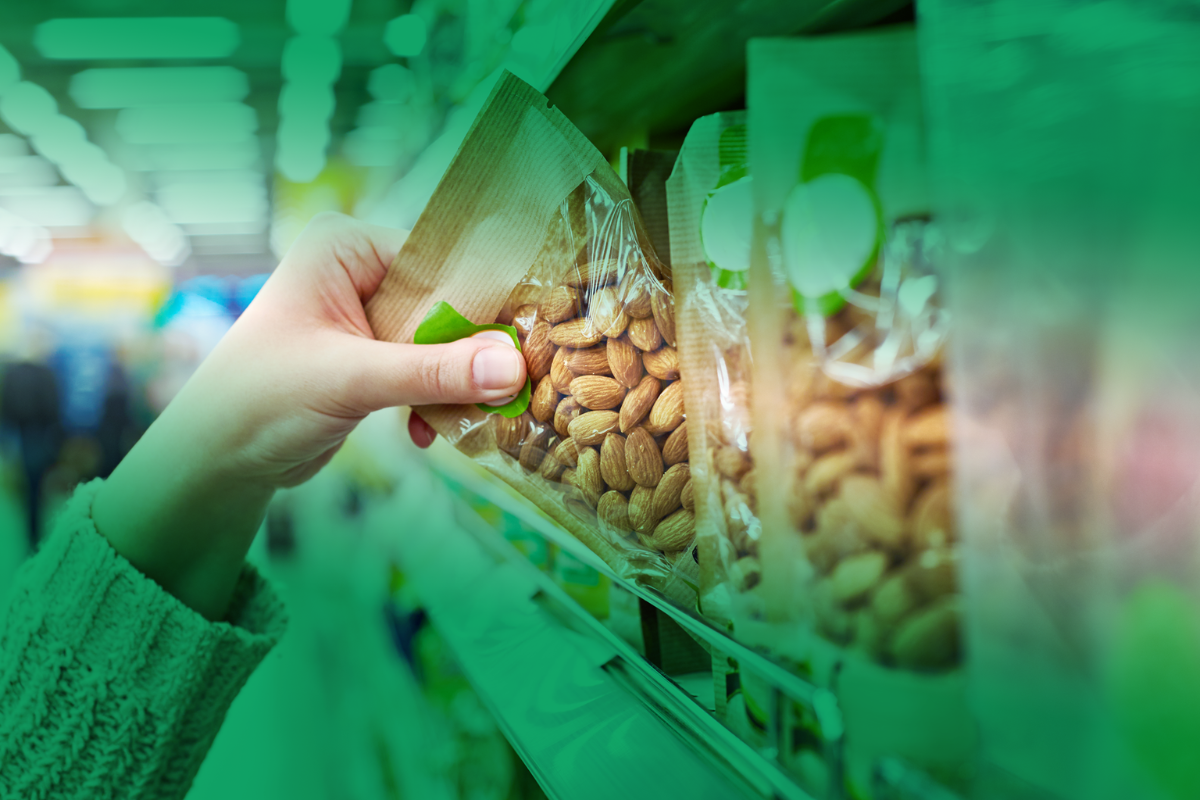17
March
2023
Despite industrial meat production polluting more than all cars together.
Livestock emissions represent 14.5% of the climate problem but only 0.5% of the media coverage on climate – media analysis.
Citizens in Brazil, France, Germany, the UK and the US do not regard industrial meat as a key contributor to climate change, according to a new global poll by Northstar Research commissioned by sustainable food NGO Madre Brava [1].
In the five markets surveyed, industrial meat was viewed to be a smaller source of emissions than cars or planes, even though animal agriculture is one of the single largest sources of greenhouse gases, accounting for a minimum 14.5% of all human-made emissions (while more recent estimates set it at 16.5%-28%). Likewise, livestock is a major emitter of methane, a super potent global warming gas. Emissions from manure and cattle burps account for 32% of anthropogenic methane, almost at par with methane emissions from all fossil fuels.
Which of the below do you think are the biggest contributors to global warming? Please rank up to 5, where 1 is the biggest contributor.

At a time when the international climate community increasingly focuses on the contribution of food to climate change, this global poll reveals a chasm between scientific evidence and public perception. The UN’s Food and Agriculture Organisation estimated that the livestock industry emitted more than 8 Gigatonnes of CO2-e in 2017, at par with the CO2 released by all cars, trucks, trains, planes and ships in the world in the same year.
The misperception around industrial meat from big meatpackers may stem from the fact that an overwhelming majority of those surveyed (over 90%) reported knowing only very little or nothing at all about industrial meat production. According to the Northstar poll, the lowest awareness is in the UK, where almost 3 in 4 Britons (74%) self-reported as knowing nothing at all about how industrial meat is produced. In the US, almost 7 in 10 people do not know anything about industrial meat production. Of the countries polled, Brazilians are most aware, but still 42% of them know nothing about industrial meat production.
How much do you know about industrial meat?

However, when a simple definition of industrial meat was provided [2], citizens across the five markets polled showed concern about the impacts of the industrial meat system. As many as 8 in 10 Germans, Brazilians and French are at least somewhat concerned about the impact of industrial meat on the environment, people and animals. Likewise, 78% of Britons and 72% of Americans are concerned about the harmful impacts of the meat industry.
How concerned or unconcerned are you about the impact of industrial meat on the environment, people, and animals?

Livestock: 14.5% of the climate problem but 0.5% of top-tier media coverage
The lack of awareness of the climate impact of industrial meat is in part due to media under-reporting on the matter. New analysis by Madre Brava of top-tier news outlets in the US, UK and English-language EU media found that only 0.5% of articles on climate mentioned meat or livestock as a source of emissions [3].
In the climate stories that did note meat’s contribution to climate change – fewer than 450 articles out of nearly 92,000 between January 2020 and June 2022 - the top three solutions most cited included: first, government regulations on industrial meat production, followed by a call for industry to increase the availability and variety of meat substitutes. In third place comes asking people to reduce their meat consumption – or to stop it altogether.
Solutions: Regulation, meat subtitutes and cutting down on meat consumption

Nico Muzi, managing director of Madre Brava, said: "The bad news is that people don’t know about the ‘cow’ in the room: livestock’s outsized role in driving climate change. The good news is that people show concern and do care when informed about the impact of industrial meat on the climate."
"It’s high time for civil society and the media to increase scrutiny on the meat industry and for policymakers to start addressing the problem by regulating emissions from industrial meat - while making sustainable proteins the cheapest, easiest choice for consumers."
Slow but positive trends: meat consumption is falling in both the North and the South
Meat consumption per capita across the world is going down, even in countries where beef and pork play a central role in dining plates. In Germany, meat consumption per capita fell by 12.3% in the last decade (2011-2021) - and is at a new record low since monitoring started in 1989. In the UK, average meat consumption has decreased by almost 17% in the past decade.
Due to rising food prices, beef consumption is falling in meat-loving countries such as the US and Brazil. Bloomberg reported that Brazilians cut back on beef purchases by almost 8% in 2022, while American consumers reduced their meat consumption by more than 4% in the same year.
And this trend is gaining momentum as more people want to jump on the meat-reduction train in the very near future. The Northstar global poll also shows that a notable proportion of current meat eaters in Brazil, France, Germany, the UK and the US expressed their willingness to cut down on meat consumption in the next two years. Almost 6 in 10 Germans and half of British and French meat eaters have the intention to actively reduce their meat consumption in the next two years. Even in meat-loving countries such as Brazil and the US, 42% of Brazilians and 38% of US meat eaters want to cut down on meat in the next two years.
And not only do consumers want to cut down on meat consumption, but they increasingly want to try alternative proteins. The Northstar poll shows that in 2 years, triple the number of people in Brazil plan to eat alternative proteins, and double the number in France. The US showed the smallest increase in intended alternative protein consumption with a 45% increase from today.
Flexitarians are on the rise: current meat eaters who intend to reduce meat consumption in the next two years

Livestock (meat and dairy) occupies 77% of the world’s farmland to produce 18% of all calories and 37% of all proteins produced globally. Animal agriculture, mainly cattle and soy animal feed, is the largest driver of global deforestation.
Full poll results are available here.
Media analysis is available here.
- This is a Northstar Research poll commissioned by sustainable food NGO Madre Brava to understand public attitudes, concerning issues and impactful solutions for tackling the negative impacts of industrial meat in the US, the UK, Germany, France and Brazil. These countries were selected given the US, EU, and Brazil are three of the largest producers of industrial meat. All figures, unless otherwise stated, are from Northstar Research. The total sample size was 7,508 adults: ~1,504 in each market and is nationally representative. Any results not reported out at a market level are reflective of all 5 markets combined, not weighted to market size (meaning each market has the same share of voice). Fieldwork was undertaken between 26th September and 11th November 2022. The survey was carried out online. The figures are representative of adults (aged 18+) in each market.
- The system of modern industrialized livestock farming for the global production, packing, preservation, and marketing of meat such as beef, pork and chicken.
- The analysis focused on English-language media in five US (Fox News, New York Times, Washington Post, Wall Street Journal, Los Angeles Times) and UK daily newspapers (The Guardian, The Sun, Daily Mail, The Times, The Telegraph), international English-language media (BBC, Financial Times, Bloomberg, Politico), international newswires (Reuters, AP, APA) and Brussels-based media outlets (Politico Europe, EurActiv and EUObserver). The analysis assessed media coverage of terms related to meat/livestock and climate, and meat/livestock and health between 1 January 2020 and 30 June 2022. The review was carried out using Factiva media monitoring tool and individual searches on specific news sites such as the FT, Politico and Bloomberg.



